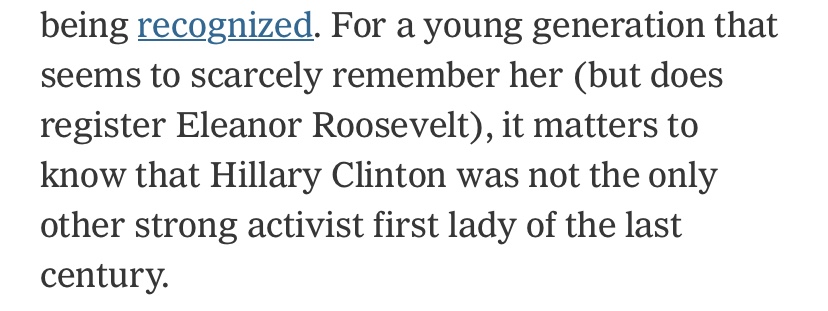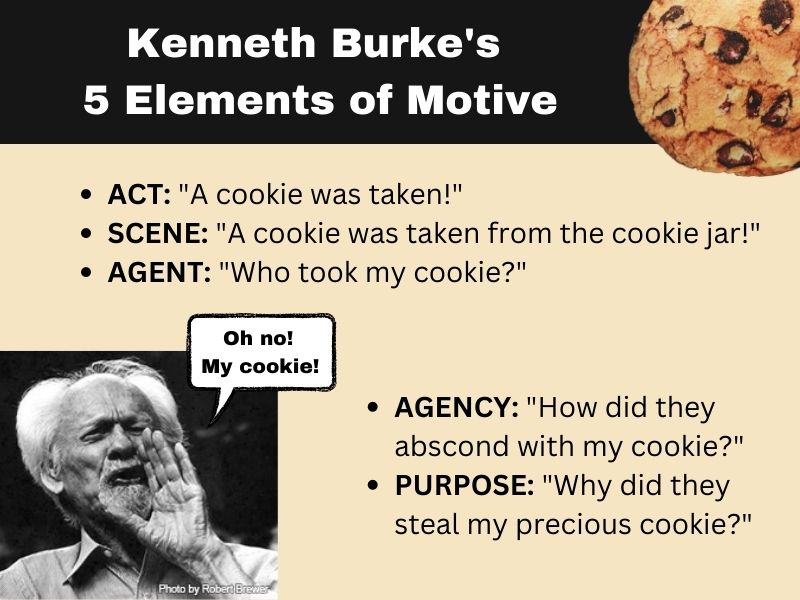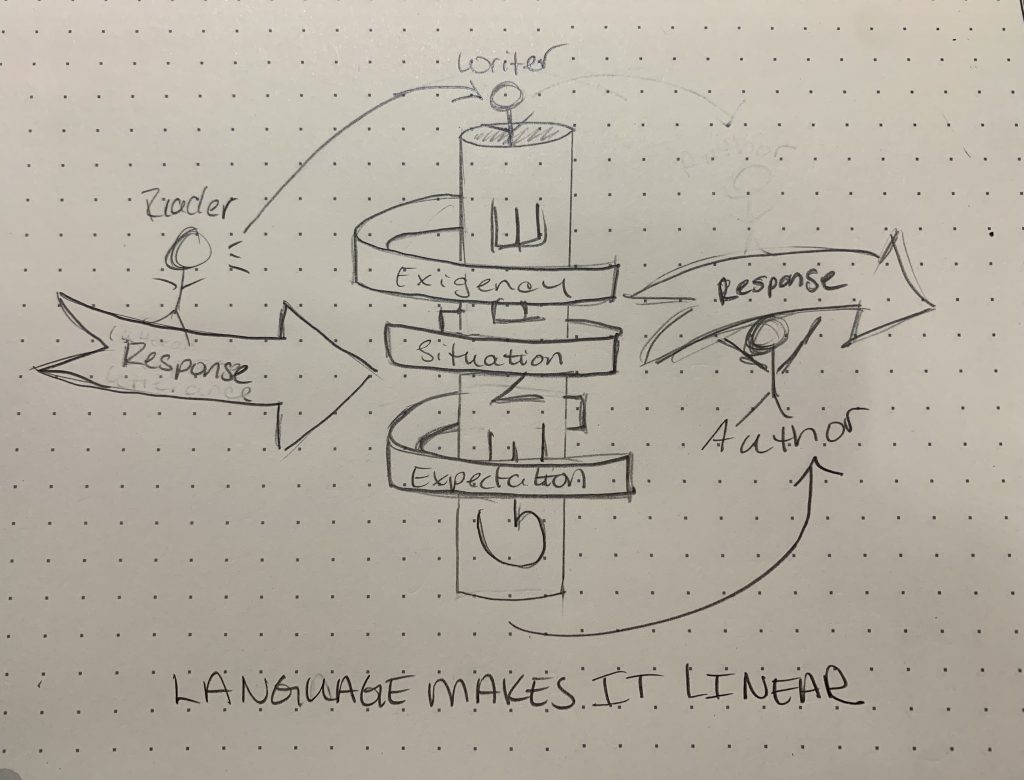There was a time, back in the 00s or so, when I kept up to date on a lot of tech news. I spent the time trying to follow trends in web development and mobile technology and apps. It was important to my work, but part of my overall interest in how the Internet was being integrated into our daily lives.
Once I moved away from tech focused work and into education, I let those news feeds go. I purged myself of latest developments and relied on larger, mainstream news outlets to inform me about the technology that would impact my daily life. Yet, as I started teaching first-year composition, I realized (we all realized) that being up-to-date on the technology our students were using (not always by choice either) would make our discussions surrounding critical thinking that much more relevant. Trust me, when ChatGPT burst on to the scene, I suggested we lean into it, teaching it as a new tool that students can use in their ever increasing arsenal of technological apps that can help them… wait. Help them what exactly? What was I supposed to be teaching them? More on that in a moment.
As I’ve reinstated my tech RSS feeds, I find myself getting more and more suspicious about the proliferation of AI. While I’ve not been totally receptive to the computerization of our automobiles, nor the subscription model of everything, I still want to be able to glean the direction personal technology is headed, and, if Microsoft’s recent announcements are any indication, the future is AI.
If you follow my links of interest at all, you can see where this is going?
Who wants this? Why are we being told that we want this? Every time I read about another AI-enhanced laptop or an app that’s I’ve been using suddenly wants me to incorporate their AI model into my workflow, I get frustrated.
If I’m not building up the critical skills to summarize an article (and most public-facing articles are woefully short and simplistic already), what am I doing with the time AI is saving?
What’s the point of learning discernment and curation if I never skip over Google’s AI-created search summaries at the top of its results page? (Shouldn’t have made Google suck, yeah?)
How am I supposed to teach critical thinking skills if all the little ways in which we think every day are being eaten up by language learning models that have dubious bias built in and don’t have an understanding of a ham sandwich outside the fact that sometimes it’s mentioned next to mustard?
More and more I feel like we’re heading into a direction where we will teach two ways of existing cognitively in our technological future: 1) a way to prompt AI to yield results that save us from doing labor or gaining mastery; and 2) a way to avoid the AI altogether and create bare bones text and art in a way that hides it from the upcoming singular cloud. Both feel exhausting.
Meanwhile, a bunch of narcissistic shitheads are at the controls of the future.
- Photo credit: Image by StartupStockPhotos from Pixabay



